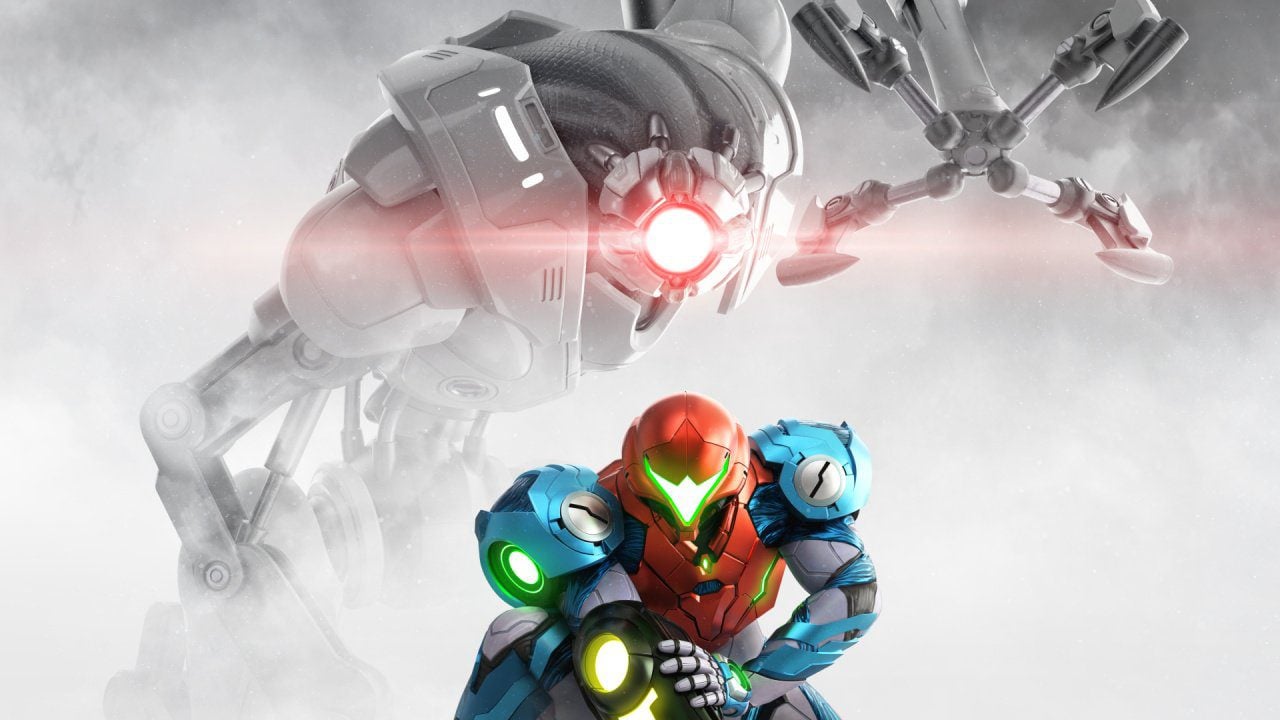



One notorious example is the lawsuit the company filed against and to get their emulators taken down for good. Nintendo has been at the center of many controversies in the past few years surrounding their shutting down of emulators, as many of their games hold a lot of nostalgia for players, and are only accessible via consoles. It’s definitely easy to fall down a research rabbit hole if this is something that interests you (the Video Game Emulation Wiki is a great place to start). Trust me though, these emulators are only a few examples out of dozens. Some of the earliest include the Family Computer Emulator V0.35, which could run simple NES games all the way back in 1990, Virtual Game Boy, which was widely released in 1996, and VSMC, which could play SNES games by 1994. It’s difficult to pin down the first-ever release of a gaming emulator, but their use became widespread between 1995-1997, mostly due to factors like faster CPUs and sharing via the internet. Naturally, people who can’t afford to play games this way, or just don’t want to shell out thousands of dollars to build out their retro games collection, turn to emulators, and have been doing so for decades. That barrier of entry becomes even higher when it comes to retro games, between the dwindling supply of working hardware and subsequent skyrocketing prices. Things start to get a bit dicey with games that require a console or a high-end PC to run, because huge portions of the population simply don’t have the funds to play them. More affordable, readily available smartphones and tablets have done a lot to make gaming accessible to poorer communities, and mobile gaming is becoming more sophisticated all the time. I’m not here to give Kotaku a slap on the wrist for what they may or may not have insinuated, but what did intrigue me about this whole situation was that it brought the conversation about piracy, emulation, and game preservation to the forefront for the first time in a while. They’ve since added an addendum that apologizes if their initial article was misinterpreted, they don’t condone illegal emulation, blah, blah, blah. In case you missed it, Kotaku put out an article that basically told players to download an emulation of Metroid Dread. That was until I saw what everyone was so upset about. When I saw that Twitter was blasting Kotaku last week, I didn’t think much of it. As we all know, the internet loves to get up in arms about… well everything.


 0 kommentar(er)
0 kommentar(er)
